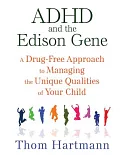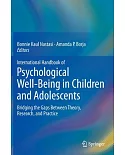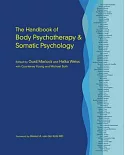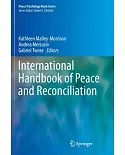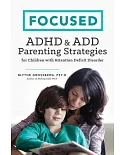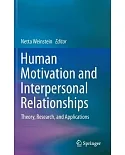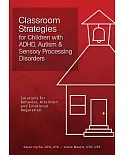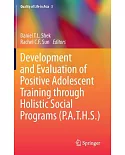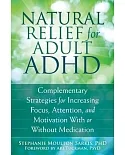Personal Peacefulness examines the existing theories and knowledge about the peacefulness of individuals, including inner peace, interpersonal peacefulness, and peaceful attitudes
towards groups and nations. It uses the term “personal peacefulness” to refer to the peaceful states, attitudes, and behaviors of individuals, and it discusses the phenomena and determinants of
personal peacefulness in the intrapersonal, interpersonal, and intergroup domains. Also addressed is the relationship between personal peacefulness and well-being, describing various methods
for enhancing the peacefulness of individuals. Within the framework of a scholarly and scientific approach to the study of personal peacefulness, various psychological perspectives are
represented: personality, social, clinical, and positive psychology perspectives, peacefulness as nonviolence, attachment theory and the development of affect regulation, a human needs theory
approach, Buddhist conceptions of compassion and mindfulness, a natural science perspective describing physiological foundations for personal peacefulness, phenomenological perspectives, and
peacefulness as the promotion of conflict resolution. The book is an important resource for scholars, researchers, and educators in psychology, political science and in a variety of other areas
who study and teach topics such as empathy, prosocial behavior, personality, psychological well-being, mental health, personal development, peace and conflict and conflict resolution.




